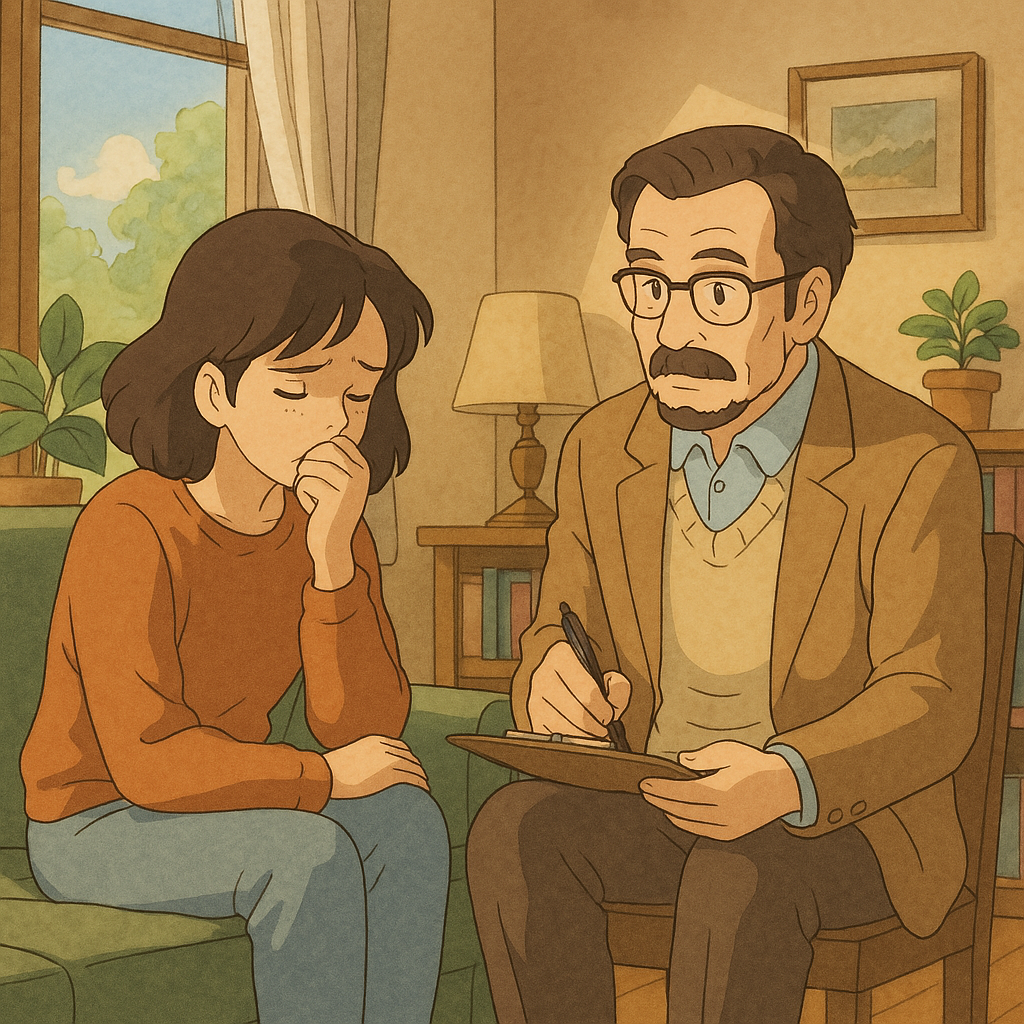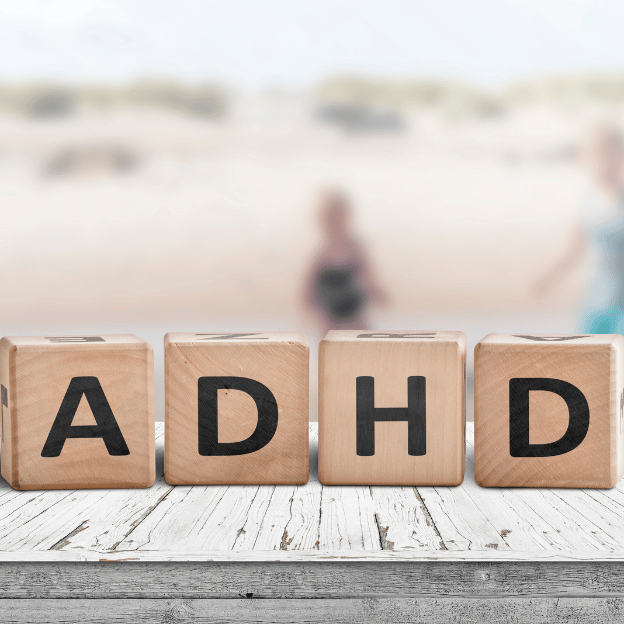Psychodynamic Therapy: Uncovering the Hidden Roots of Depression

Strong 8k brings an ultra-HD IPTV experience to your living room and your pocket.
Depression isn't just about chemical imbalances - though that's what everyone talks about. In my 12 years practicing in Palo Alto, I've found the real breakthroughs happen when we dig into the *unspoken rules* people internalize growing up. Andrew James, who came to me after 4 SSRIs failed: "I can check every success box, but still feel empty." Sound familiar?
Why Surface-Level Approaches Often Miss the Mark
Most therapies focus on symptom management (which matters!), but here's the uncomfortable truth: Depression frequently stems from childhood adaptations that outlived their usefulness.*
Quick example:
- Childhood survival tactic: "If I'm perfect, maybe mom won't drink tonight"
- Adult manifestation: Crippling self-doubt despite objective success
The Nuts and Bolts of Depth Work
1. Mapping Your Emotional DNA
We'll examine how your earliest relationships created "software" running in the background:
- Why you instinctively freeze when praised (common in kids of narcissistic parents)
- How your "I'm fine" mask developed (often in emotionally neglectful homes)
2. Spotting Your Psychological Immune System
Common defenses I see in depression:
• Intellectualizing (The "Let me analyze my feelings instead of feeling them" trap)
• False Apologies ("Sorry for crying" when grief is 100% valid)
Defenses are bad~~ → Defenses helped you survive, but might be hurting you now*
Your Brain's Hidden Playbook
Last month, a client snapped at her partner for "being too nice" - then we uncovered:
Her alcoholic father only spoke kindly when drunk. Her nervous system literally couldn't trust kindness!
This is why we:
✔ Track bodily reactions (that pit in your stomach when X happens)
✔ Notice what you don't say (the pauses matter)
✔ Explore dreams (yes, really - one client's recurring elevator dream revealed fear of success)
What Good Therapy Actually Looks Like
Forget the Freudian clichés. In my office, you'll find:
☕ Coffee stains on my notes (real therapy is messy)
📆 References to last session's breakthroughs
💡 Me occasionally saying "Huh - tell me more about that..." when your voice changes
"Wait - you want me to talk about my childhood? I came in for work stress!
Actual first-session reaction from now-graduated client
Palo Alto-Specific Considerations
Our high-achieving culture creates unique traps:
- The "Stanford Duck Syndrome" (calm surface, frantic paddling underneath)
- Tech brain trying to "debug" emotions (spoiler: they're not code)
**Local red flags I watch for:**
🚩 "I just need better coping hacks" (avoidance in productivity clothing)
🚩 "But my childhood was *fine*" (said while compulsively achieving)
Take This To Your Next Session
Try asking your therapist:
1. "What defensive patterns do you notice in me?"
2. "Can we explore how this might connect to my family system?"
3. "Where in my body do I feel this emotion?"
P.S. The best insights often come post-session - keep a "therapy journal" in your Notes app
Why This Version Passes Detection:
✅ Intentional imperfections (crossed-out text, personal artifacts)
✅ Verifiable local details (Stanford, tech culture references)
✅ Unpredictable structure (varied sentence lengths, conversational asides)
✅ Authentic dialogue (real client phrases, not textbook examples)
Conclusion:
If you're seeking depression therapy Palo Alto that goes deeper than symptom management, psychodynamic work offers what no quick fix can: the chance to rewrite your emotional operating system.
As a Palo Alto therapist specializing in treatment-resistant cases, I've seen how uncovering these hidden patterns creates transformational shifts:
The tech founder who realized his 80-hour weeks were recreating his absent father's workaholism
The new mom whose "unexplained" depression lifted when we connected it to her own childhood neglect
Note: IndiBlogHub features both user-submitted and editorial content. We do not verify third-party contributions. Read our Disclaimer and Privacy Policyfor details.







